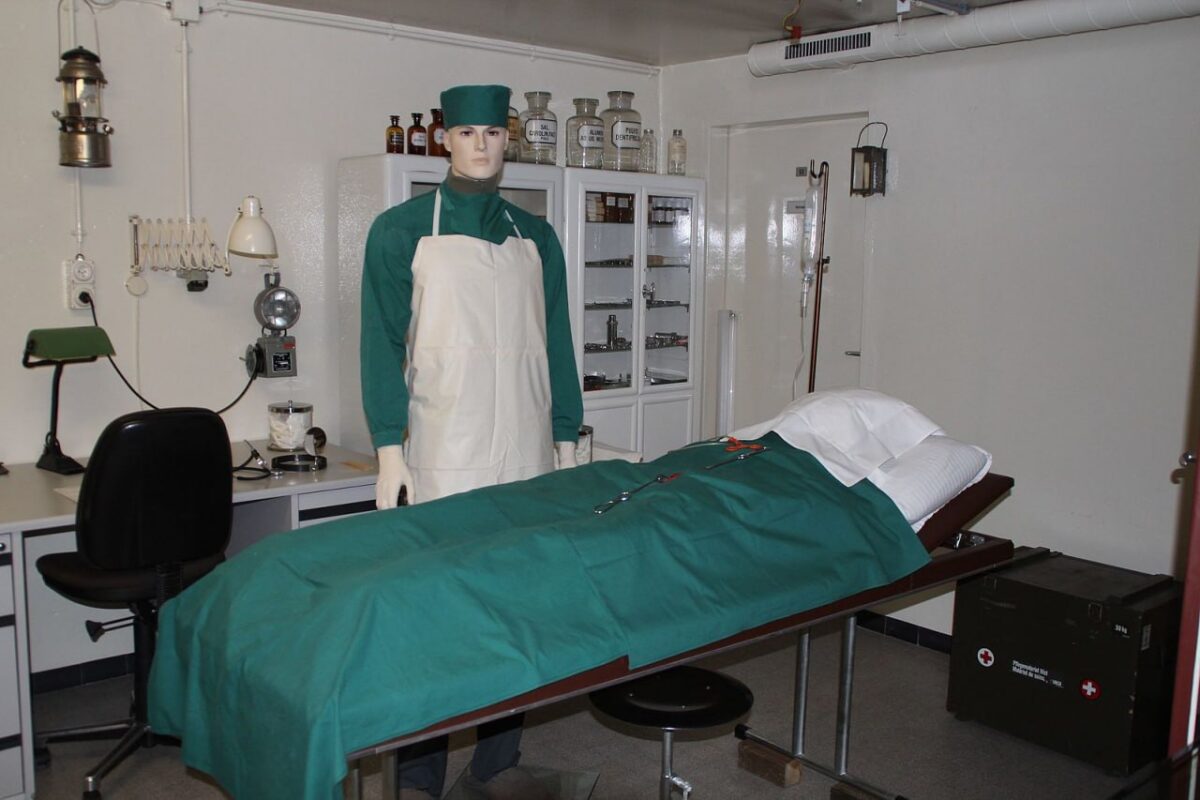This book provides a helpful and eminently readable overview of ‘health’ and how a government with a ‘health justice agenda’ might effect meaningful change. ‘The left’ (a troublingly amorphous concept that casts the Royal Colleges in the role of key institutions of the ‘health labour movement’) is castigated for being romantic and defensive rather than innovative and visionary, placing a narrow focus on health services rather than the more important social determinants of health.
Some arguments appear overstated for rhetorical reasons, for example: “We believe in 1948 as an ultimate victory for the left on the health agenda”. This disregards justified and longstanding criticism of the NHS by progressives that it was a ‘sickness’ service rather than a ‘health’ service, and that some elements such as mental health were never given the investment they warranted. The author also acknowledges that Bevan’s plan did not include a universal public health service.
In any case, few would now look at the current state of the NHS with its record waiting lists, staffing crisis, relatively poor outcomes and increasing penetration by the private sector, and not reflect that the ‘ultimate victory’ may yet prove to have been only a temporary respite. The Just Treatment ‘NHS New Deal’ is singled out as an exemplar of a myopic fixation on the NHS (exacerbated by Covid), and yet a glance at this organisation’s website shows it also has an international focus including vaccine equity and challenging the profiteering by big pharma. There is no mention of last year’s People’s Covid Inquiry which critically examined the government’s response to the Covid pandemic, but also explored health inequalities and in fact opened with internationally renowned Michael Marmot as an expert witness.
The book is divided into sections on the NHS, social justice, economic issues, social care, sustainability, and finally, a new deal for public health. Work on health inequalities by pioneers such as Marmot, Kate Pickett and Richard Wilkinson is duly acknowledged. The section on social care is rightly critical of the limitations of Labour’s National Care Service (“the NCS does not sufficiently change the nature of care, the power relationships that define it, or the level to which institutionalised and paternalistic care dominates provision”) and advocates a much broader approach, similar to the campaign for a National Care Support and Independent Living Service (NaCSILS).
There are a couple of minor if surprising errors. It is stated that “Since 2010, about 10,000 hospital beds have been closed in England”, whereas according to King’s Fund data around twice this number were lost. Of less importance is the attribution of the Black Death to a virus rather than the bacterium Yersinia pestis.
The author makes a cogent plea that health improvement and health justice require looking beyond health services to a public health system as a whole. This is perhaps the key message overall for health campaigners. The issue of affordability is dealt with well, although there is little on reformation of the tax system as a way to finance public services. While the author distances himself from the suggestion that the book is really a polemic with a somnolent Labour Party in need of “a far more compelling vision”, statements such as “the leftist strategy in health has therefore become defined by maintaining the status quo”, leaves little doubt as to exactly where the barbs are aimed.
If we agree that it is conditions of social injustice that make us sick, the questions remain as to whether democratic socialism is up for seriously challenging the dominance of those businesses and corporations who profit from our ill health, and what might be revealed about the balance of power in the course of such a struggle. Even more reason to rally the troops around defending and rebuilding the NHS perhaps, while setting this in the context of a much broader vision of public health as outlined in this book.
Christopher Thomas. ‘The Five Health Frontiers. A New Radical Blueprint’. Pluto Press, London, 2022




